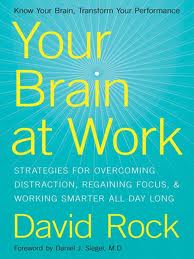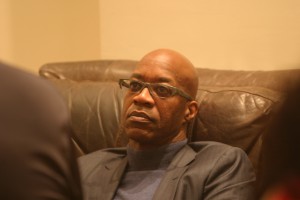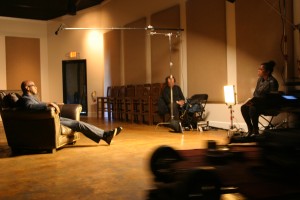Blog
My latest find has been a book entitled, Your Brain at Work: Strategies for Overcoming Distraction, Regaining Focus, and Working Smarter All Day Long by David Rock.

This book, I love. The notion that there is a way to cut through the maddening distractions caused by our technological tools inspires me. Don’t get me wrong, I love my emails, texting, Skype, cell phone, Facebook, LinkedIn, Google+, etc. etc., but my gut tells me that my usage of these tools distracts me from getting things done. Big things. Important things.
Okay, maybe we’re able to still get work done, but is it our best? Can we really do more, squeezing in additional bits of information without any consequence to quality and productivity? I think a part of me likes Your Brain… because I’m a former science-geek who likes to ask these kinds of questions. With this book, I’m able to delve just far enough into the world of science to let me feel like I still can. The insight it delivers in study upon study of the impact of what we do in our work lives has been profound.
Science is a means of explaining the physical world. For me, there is a connection in thinking scientifically and filmmaking. Instead of the physical world, filmmakers seek to describe the indefatigable resource of puzzlement and entertainment known as people. Why we do what we do fuels the entire film and television industry, so understanding just a little bit more about the approximately 3 pound mass that lives in our skulls is worth the time of a good read.
Key findings for me in the book include,
- the maximum number of items one can hold in one’s mind at once is likely 4, depending on the complexity of the items. Another study says 1 with no memory degradation,
- having recurring thoughts that never get answered over the course of a week is a great waster of the brain’s resources,
- you can focus on one conscious task at a time. If you constantly switch from one task to another, you will see a drop in performance/accuracy.
You should,
- mix up how you use your attention, consciously deciding on how long you’re going to use on a task (ex. checking emails, writing a report, etc.)
- multi-task only if you’re embedding tasks that are already routine for you,
- simplify, chunk information, and choose only a few things to put at the forefront of your brain.
And the absolute shocker,
- continuous emailing and text messaging reduces mental capability by an average of 10 points on an IQ test. It’s like missing a night’s sleep or being high on marijuana.
This just scratches the surface on a book that is a good read. David Rock is certainly on to something. And just in case you don’t have time because you’ve just received 30 new emails in your Inbox, there’s always the audiobook. Personally, I’m scheduling my texting, emailing, and friending to a time that doesn’t interfere with the Great American Script/Video/Blog. Please don’t be disappointed if I don’t answer your email right away. I’m just trying to preserve my frontal cortex.





 Blog
Blog
